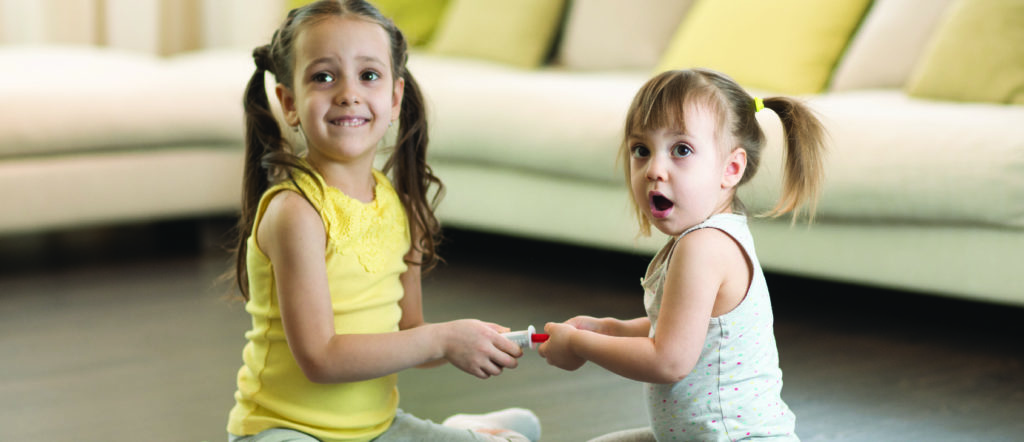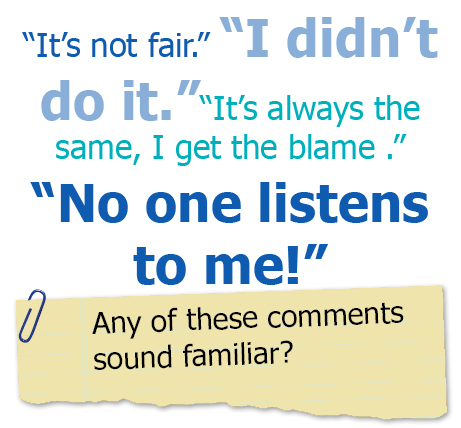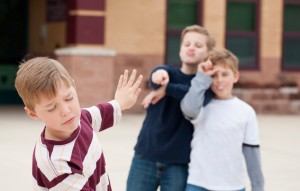Restorative Practices @ Home

No one puts their feet on the floor each morning with the intention to cause harm to others… write Vic & Liz O’Callaghan.
 Sometimes things go wrong. Sometimes they go wrong regularly. This can happen anywhere, but it can often happen at home, and it is hard to talk about it. What can we do?
Sometimes things go wrong. Sometimes they go wrong regularly. This can happen anywhere, but it can often happen at home, and it is hard to talk about it. What can we do?
We all have instinctive, learned and preferred ways of handling challenges in our families. And some of the time, these ways of responding do work, but at other times it can be the beginning of a small catastrophe.
Restorative Practices helps teachers, students and parents build, maintain and restore relationships for learning and for life.It builds confidence, self-esteem and resilience, and provides opportunities for empathy through the lens of the Restorative way of being. |
||
Developmentally the child’s journey begins centered on the ‘I’. ‘I’ am then joined by Mum and Dad, extended family and siblings or an age cohort. From this beginning circle, grows a sense of community. This community might be a home community, pre-school or school community. These communities begin a journey of learning.
In these communities we all have the right to be treated fairly, to be listen to, for people to work with us, for people to understand our emotions and for us to understand their emotion, guided by the use of appropriate questions that are non-judgmental.
Does this sound like magic, a fantasy land? No! This is a real environment where safety, respect and learning are at the forefront of all action and decision making.
So, what happens when my kids are pre-schoolers who keep fighting over toys or who are rough with other children and do not listen to me when I tell them to stop a certain behaviour? Early learners are frequently not gifted listeners. Hard to accept, but it is a fact. They want and they want it now! This is natural.
What can we do?
As tough as it it may be, try to establish a safe and calm environment. Ensure tempers are settled (it is difficult to repair harm when there is heat rising around an issue).
- Ask “What happened?” or “what is happening?”
Listen to all involved and allow for differing versions of the story. - Chat quietly about desired behaviour.
Let all parties express a view and allow them to each own the desired behaviour. - Stop the undesirable behaviour…
… and replace it with the desired behaviour. Explicitly teach the desired behaviour and model it. - Practise the desired behaviour…
…and affirm it! Catch them doing the right thing and celebrate as appropriate.
“I like the way you are using a friendly voice.”
“I like the way you are using safe hands.”
“I like the way you are taking turns.”
We all appreciate affirmation…. don’t we?
What about unsafe behaviour, bullying behaviour and disruptive behaviour?
These are all unacceptable. They require clear and appropriate consequences that are delivered in a timely manner by a calm and understanding adult.
The Restorative Practices Journey
Children will begin gradually to manage their relationships and their behaviour effective and more often. There is growing capacity, but mistakes still occur
and we must remember that children are still learners in life. Here we can begin to ask questions.
- What happened?
- Who has been hurt?
- How can we fix it?
What happens if this does not work?
A calm adult needs to assess the emotional condition of the child. Does he/she need more time, sleep, food or space?
Over-tired, over-stimulated children may benefit from:
- Quiet instrumental music.
- Withdrawal from electronic stimuli.
- A calm, safe place.
- A favorite book or story.
- A good night’s sleep.
- A good cuddle.
Remember while we are CHALLENGING THE BEHAVIOUR, we are always LOVING OUR CHILD!
More from this edition:
Authors: Vic & Liz O’Callaghan


